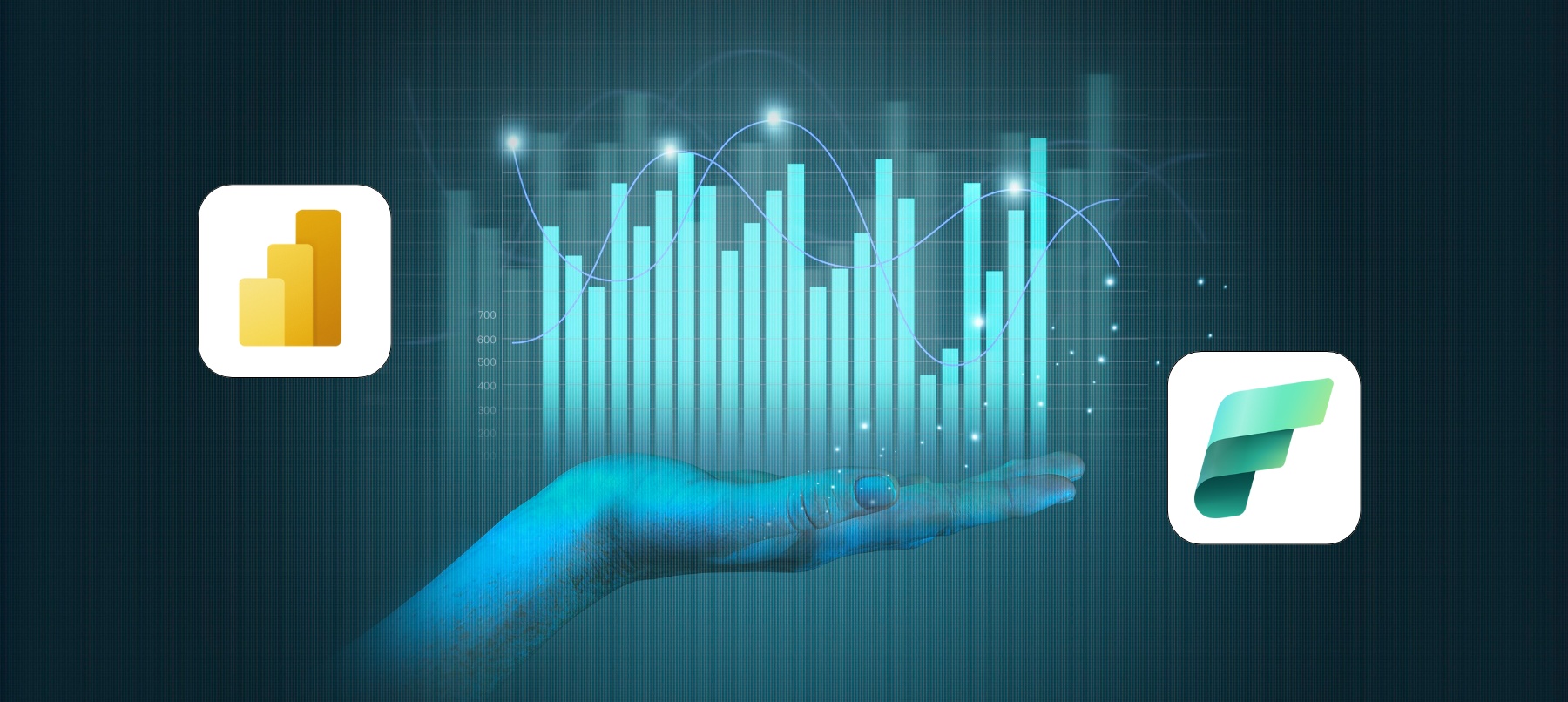Choosing between Microsoft Dynamics 365 CRM and Dynamics 365 Business Central often raises a crucial question: Can Dynamics 365 Business Central serve effectively as a CRM solution? While both platforms are developed under the Microsoft Dynamics 365 umbrella, they are traditionally seen as serving distinct business needs. Dynamics 365 CRM, with its extensive suite encompassing a range of modules for sales, customer service, field service, and marketing, is explicitly tailored for comprehensive customer relationship management. In contrast, Dynamics 365 Business Central, renowned for its robust ERP capabilities, also embeds certain CRM functionalities. Understanding the CRM functionalities within Business Central is key to determining whether it can meet your CRM needs alongside its robust ERP offerings.
Overview of Dynamics 365 CRM and Dynamics 365 Business Central
Microsoft Dynamics 365 CRM: A premier solution for managing customer relationships, Dynamics 365 CRM excels in automating sales, customer service, and marketing processes. It’s tailored to enhance customer engagement, streamline sales cycles, and provide deep insights into customer behaviors and preferences.
Microsoft Dynamics 365 Business Central: Serving as an all-in-one business management solution, Dynamics 365 Business Central is an evolved ERP system for small to mid-sized businesses. It encompasses capabilities for managing finances, operations, supply chain, and even touches on customer relationship elements, though not as extensively as Dynamics 365 CRM.
Feature Comparison
1. Core Functionality:
- Dynamics 365 CRM: Primarily excels in managing and enhancing customer interactions, enabling businesses to optimize their sales strategies and automate marketing activities. Its capability to track customer journeys from initial engagement to long-term retention is particularly valuable. The recent addition of Microsoft Copilot for Dynamics 365 Sales brings AI-driven capabilities, further augmenting the efficiency of sales activities and customer communications. This AI tool assists in automating data entry, generating sales insights, and managing customer interactions, making the platform even more robust for managing sophisticated sales strategies.
- Dynamics 365 Business Central: Predominantly an ERP solution, this platform streamlines a wide range of business processes. Its strengths include not only financial management, supply chain optimization, inventory control, and comprehensive project management, but also an intuitive user interface and seamless integration with other Microsoft products. This integration facilitates smoother workflow transitions, data sharing, and reporting across systems. The platform’s customization and extension capabilities, supported by a strong ecosystem of apps through Microsoft AppSource, enable it to adapt to diverse business needs, including those that feature basic CRM functionalities.
2. CRM Capabilities:
- Dynamics 365 CRM: Offers an extensive range of CRM-focused features such as multi-channel relationship management, detailed lead and opportunity tracking, and personalized marketing campaign tools. Customer insights are powered by advanced analytics, significantly enhanced by the integration with Microsoft Office applications. This integration enables more efficient data synchronization and access, leveraging familiar tools like Outlook, Excel, and Teams to manage and analyze CRM data directly, thereby enriching user experience and productivity.
- Dynamics 365 Business Central: Although its CRM features are more foundational and basic when compared to the extensive CRM suite of Dynamics 365 CRM, Business Central efficiently supports essential customer management tasks. Its capabilities include managing contacts, tracking sales interactions, processing orders, and providing basic customer insights within the broader ERP framework. The integration with Microsoft’s productivity tools like Outlook allows users to manage financials, orders, and customer data seamlessly, making it a suitable solution for businesses that need an integrated ERP system with fundamental CRM functionalities.
Analyzing Overlapping Areas
Dynamics 365 CRM and Business Central, while both housing CRM features, serve distinct primary purposes. Dynamics 365 CRM delves deeper into customer interactions, providing a granular view of customer data and complex sales processes. It’s tailored for businesses prioritizing customer-centric strategies requiring intricate data analysis and targeted marketing efforts. In contrast, Dynamics 365 Business Central, with its integral yet basic CRM functionalities, aligns better with organizations whose central focus is on streamlining business operations but still value the convenience of integrated customer management tools.
Making the Decision: Dynamics 365 CRM vs. Business Central
Choose Dynamics 365 CRM when:
- Advanced customer relationship management is the core of your business model. The platform’s extensive suite, now augmented by AI capabilities through Microsoft Copilot for Dynamics 365 Sales, elevates customer interaction management, automating and personalizing customer communications and sales processes.
- Features like sophisticated lead management, predictive analytics, personalized marketing strategies, and AI-driven insights are fundamental to your business. With its enhanced analytics, automated data entry, and insight generation, Dynamics 365 CRM not only delivers on these fronts but also adapts to evolving market trends and customer behaviors, using AI to offer actionable insights and recommendations.
- You aim to leverage intricate customer data to drive sales and marketing efforts, enriched by seamless integration with Microsoft Office. This integration enhances productivity and ensures a more connected user experience, allowing for efficient management of CRM tasks directly within familiar Office applications.
Opt for Dynamics 365 Business Central if:
- Your business seeks a comprehensive ERP solution that conveniently includes CRM functionalities. Dynamics 365 Business Central offers a holistic business management suite, focusing on automating and streamlining key business processes including financials, supply chain, project management, and operations, while also providing essential CRM tools. This makes it an ideal choice for businesses looking for an all-in-one solution.
- Primary focus areas include managing financials, optimizing supply chains, and overseeing operations, with CRM as a complementary function. Business Central excels in these areas with robust functionality and real-time data insights. It seamlessly integrates with various Microsoft services and applications, enhancing efficiency and connectivity across your business ecosystem.
- The necessity for CRM is present but does not require the advanced, detailed capabilities offered by a dedicated CRM system. If your CRM needs are fundamental—such as managing contacts, sales tracking, and basic customer interactions within a unified system—Business Central’s CRM features are more than adequate without the complexity or depth of a standalone CRM system. Additionally, its user-friendly interface and the ability to customize and extend functionalities through apps and add-ons make it adaptable to growing and changing business needs.
Merging the Best of Both Worlds
For businesses seeking comprehensive coverage, combining Dynamics 365 CRM and Dynamics 365 Business Central can be a strategic choice. Utilizing Dynamics 365 CRM for intricate customer relationship management, sales, and marketing, alongside Dynamics 365 Business Central for robust ERP functionalities, can provide a full spectrum solution that caters to both front-end and back-end business operations.
The inherent integration capabilities of these Microsoft products significantly enhance their utility. With Dynamics 365 Business Central, organizations can harness powerful ERP tools, vital for managing financials, supply chain, inventory, and operations. Simultaneously, by integrating Dynamics 365 CRM, businesses gain comprehensive control over sales processes, customer management, and marketing endeavors. This synergy enables a seamless quote-to-cash process, a critical aspect for maintaining business efficiency and elevating customer satisfaction:
- Quote Management: Generate quotes in Dynamics 365 CRM using pricing data from Business Central, ensuring consistency and accuracy in customer offerings.
- Order Processing: Transition quotes into confirmed orders within Dynamics 365 CRM while checking real-time inventory data from Business Central, enhancing order fulfillment accuracy.
- Shipping and Invoicing: Coordinate the complete shipping and invoicing cycle through Business Central, bolstering operational efficiency.
- Payment and Cash Management: Facilitate the reception of payments and posting invoices in Business Central, keeping financials up to date.
- Invoice Status and Insights: Keep sales and customer service teams informed by tracking invoice payments through Dynamics 365 CRM, enabling proactive customer engagement and follow-up.
By integrating Dynamics 365 CRM with Business Central, businesses not only unify and streamline key operational and sales processes but also ensure a continuous flow of up-to-date information across departments. This integration bridges the traditional gap between ERP and CRM systems, offering a synchronized view of customer engagement and business operations, and enabling companies to function more cohesively and responsively in today’s dynamic market environment.
Next Steps with Cambay Solutions
Selecting between Microsoft Dynamics 365 CRM and Dynamics 365 Business Central can be challenging, especially when there are overlapping capabilities. The decision ultimately rests on what aspects of your business you wish to prioritize, and the level of depth required in specific functions.
At Cambay Solutions, we specialize in understanding these intricate details and guiding you towards the solution that best fits your unique business needs. Whether you aim to deepen customer relationships with Dynamics 365 CRM or seek a comprehensive business management solution with Business Central, we’re here to ensure your business harnesses the full potential of Microsoft Dynamics solutions.
Contact Cambay Solutions today to explore which Dynamics 365 solution aligns best with your business objectives.

Aaron Caipen
Chief Executive Office
Recent Blogs




